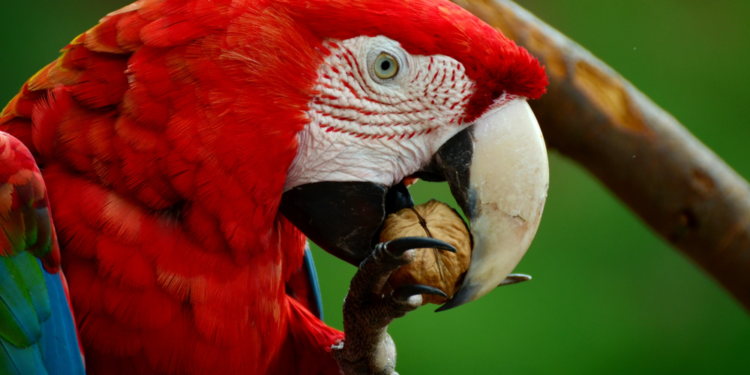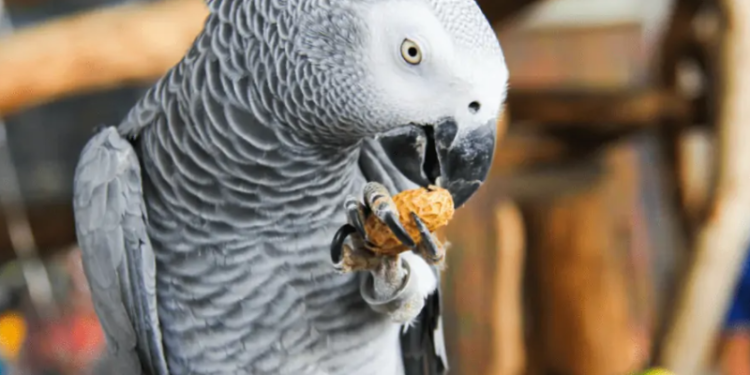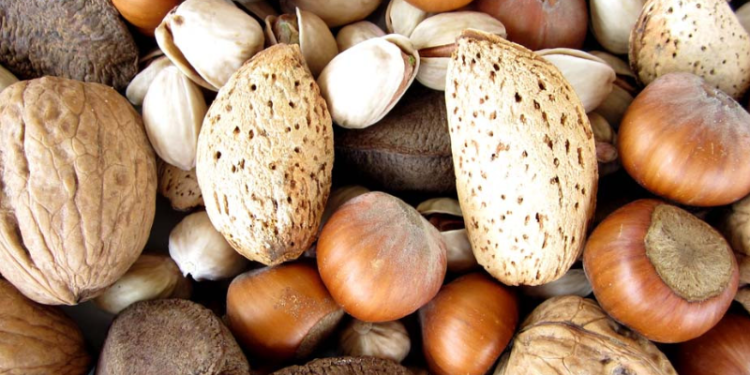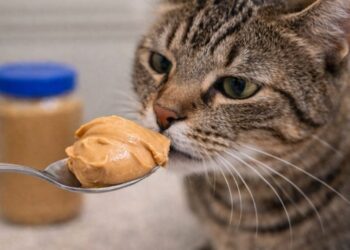If you’ve watched the emotion-packed film from 2011 “A Bird of the Air” that’s not your typical boy meets girl rom-com but rather boy meets parrot meets girl, you have an idea of how fun it can be to have a parrot as your companion.
This fun can enrich your life for years and years as pet parrots can live twice as long in captivity (if not more) than the average 20-year span in the wild, of course, when taken care of properly and with love.
With this thought in mind, it takes a lot of planning, investing, and understanding what welcoming a parrot in your life entails prior to acquiring one to ensure you share the best experience. For a start, you ought to take it up as your mission to give them the proper nutrition so your beloved bird will be its happy and healthy self, thriving in their life under the same roof as you.

The varied diet these birds require is necessary to give them the needed nutrients (both vitamins and minerals) to maintain their health optimally, as well as prevent certain issues along the way, such as obesity, malnutrition, and premature aging as a consequence of the two.
Hence the importance of offering a mixture of parrot-friendly fresh fruits, veggies, legumes, and grains, along with the well-chosen and nutrient-rich pellets that have everything a bird would need for a wholesome and balanced diet.
Reading Suggestion: Lahore Pigeon Breeds
Do Parrots Need Nuts?
Although their intestinal flora is different from that of us humans, they also require their protein intake which is where raw roasted, and unsalted nuts come in and should compose up to about 10% of your feathery friend’s diet because of the high-fat content. Out of the popular options, some stand out with their nutritional content more than others with specific mineral and vitamin benefits.
For example, Brazilian nuts are famous for their magnesium content (other than selenium), pistachio for potassium, hazelnuts for vitamin E, almonds for calcium, and cashews for zinc and copper. What they’re all rich in is protein, and the bigger the bird, the more protein is required from such rich sources, so this is a heads-up if you plan on making a large macaw or African grey part of your family.

And if not, keep in mind smaller species can develop liver issues if given too many nutty treats. For your and your bird’s convenience, these treats can be found without the shell, however, there are many trustworthy retailers and pet stores that can provide you with human-grade nuts in shell for parrots too that are sure to keep both of you entertained when cracking them open.
It’s necessary to point out the importance of paying attention to where you choose the nuts to ensure quality. Opting for such supplies of quality would give you peace of mind regarding the pet’s safety and health given the risk of toxicity from aflatoxins from the Aspergillus fungus that’s typical for some treats, like peanuts, that can be deadly for the chirpy friends.
Reading Suggestion: Budgie Names
Same as it can be dangerous for the owner’s health, so to be on the safe side, also keep an eye out for signs of mould, especially with hazelnuts, Brazilian nuts, macadamia nuts and pecans that have cracks, splits, and holes before feeding your bird. You can do a simple test like placing the nuts in water and, in case of air bubbles rising from the shells, that would indicate the product may have been contaminated due to low airtightness.
Why Buy Nuts in Shell?

Before moving on to answering this question, let’s get the terms clear as many people find it confusing when having to buy nuts in the first place. The unshelled option is the one that comes in the shell, and the shelled nuts for birds option you also find at the stores is the one with the shell removed.
Okay, now that that’s out of the way, the nuts in shell for parrots are better for reasons like the fact they have a longer shelf-life thanks to the shell acting as a protective layer that preserves their freshness way more than they’d stay fresh without it. Moreover, the intact shell protects them from humidity too, which is responsible for mould growth that leads to aflatoxin being present on the nuts.
Reading Suggestion: Australian Parrot Names
To further ensure their quality, be mindful of how you store them particularly if you plan on buying almond in shell or any of the other nuts in bulk. It’s best to keep them stored in a cool and dry place where they’re safe from light, heat, and air as much as moisture, to prevent them from going rancid. The fridge is a nice solution, but to ensure the best outcome, add them in airtight sealed plastic bags before throwing them in there.
The nut’s shell is equally great as a layer that maintains the taste at its optimum, which is a key benefit if you’re dealing with a picky bird that’s specific about what it eats. Yes, as nutty as it sounds, birds come with their own peculiarities much like us owners. When they come with the shell on, these treats can keep a bird entertained, so they should be thought of as a supply that can boost a parrot’s mood and mind too.
Trust me, you’re in for a great deal of fun with a chirper figuring out and trying to crack open its favourite snack as it takes some skill. Still, to make it easier for a feathered one as they don’t all have the strength considering some nuts are tougher than others, do a little crack yourself prior to handing the treat over to your pet. This is a valuable piece of advice when introducing new nuts to your bird’s diet.
Lastly, in addition to helping you reduce your costs as a birdkeeper (a huge plus considering the annual expenses can range from £300 to £2,000 depending on the bird), opting to buy unshelled nuts is also a sustainable move as it can assist you with taking charge of your consumerism and waste. Now there’s a thought!







